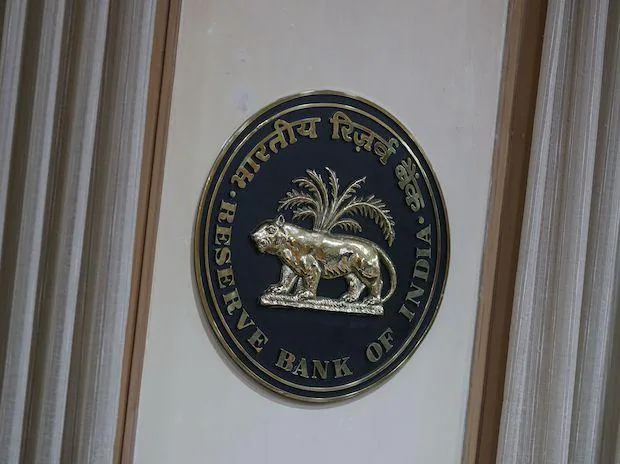[ad_1]
The Reserve Bank of India (RBI) announces its monetary policy at least four times a year, once each quarter. Currently, it announces its policy once every two months. Through its monetary policy intervention, the central bank controls the “demand” side of the economy to keep inflation in check.
Of late, inflation in India has been high. Since January, retail inflation in India has stayed above 6 per cent. In April, May, June, and August, it was above 7 per cent. The RBI’s tolerance limit lies between 2 and 6 per cent.
The Monetary Policy Committee (MPC) that decides the policy is currently headed by RBI governor Shaktikanta Das and has six members in total. Apart from governor Das, these members are Shashanka Bhide, Ashima Goyal, Jayanth Varma, Mridul K Saggar, and Michael Debabrata Patra.
Also Read | RBI policy: Here is how a repo rate hike can affect your finances
Understanding the relationship between monetary policy, inflation, and demand
In its MPC meetings, the RBI discusses various issues like forex reserves, inflation, and the state of the economy. It then decides to hike or slash the key benchmark rates. These include repo rate, reverse repo rate, cash reserve ratio, and statutory liquidity ratio, among others.
The most important interest rate among these is the repurchase rate, which is better known as the repo rate. It is the interest rate at which a country’s central bank lends money to commercial banks for a short term. These loans are given in exchange for government securities like bonds and treasury bills (T-bills).
Generally, the repo rate is hiked when the country is reeling under high inflation. On the other hand, it is slashed if the country is headed towards deflation.
How does the repo rate impact inflation?
A hike in the repo rate increases the interest rate to be paid by the commercial banks on loans from the RBI. The loans become dearer. This decreases banks’ loan-taking capacity.
This reaches the customers in two ways:
One, commercial banks increase the interest rates on deposit accounts for customers to increase the cash at the bank’s disposal.
Customers get higher returns on their savings, so they prefer to keep the money in the banks. It reduces the money in circulation or liquidity. Thus, the demand falls. With a constant supply, the prices cool down.
Second, the banks hike the interest charges on the loans like home loans, car loans etc. This makes loans costlier for consumers.
So, they prefer to take fewer loans, reducing the money at their disposal. Without loans, they are unable to make big expenditures like buying a new home, car or even education in some cases.
The fall in liquidity leads to a fall in demand in the economy, bringing the inflation figures down.
On the other hand, a slash in the repo rate makes loans cheaper and reduces the returns on deposits. So, the customers prefer to keep the money with them instead of the banking system.
This increases the money at disposal and increases the demand in the economy. With a constant supply, the prices of products shoot up. It is often done when an economy is going through a slowdown.
Monetary policy in 2022
In 2022, the RBI hiked the repo rate by 140 basis points from 4 per cent to 5.4 per cent. The hikes have been announced continuously since the start of the Russia-Ukraine war in February.
“The inflation projection is retained at 6.7 per cent in 2022-23, with Q2 at 7.1 per cent, Q3 at 6.4 per cent, and Q4 at 5.8 per cent, and risks evenly balanced. CPI inflation for Q1 2023-24 is projected at 5.0 per cent,” RBI’s statement read.
In August, CPI inflation was 7 per cent.
What to expect from the upcoming RBI MPC?
According to experts, the RBI will likely go with a 50 basis points hike in the repo rate as the inflation is still high.
“As with other central banks around the world, RBI’s hand is kind of forced due to persistent inflation and the relative strength of the dollar. So, the consensus seems to be at a 50 bps interest hike,” Atanuu Agarrwal, co-founder of an investment platform, Upside AI, said.
“Post MPC, we can expect a 50 basis hike as inflation is not yet anywhere near to what has been projected,” Kush Ghodasara, an independent market expert, added.
[ad_2]
Source link



